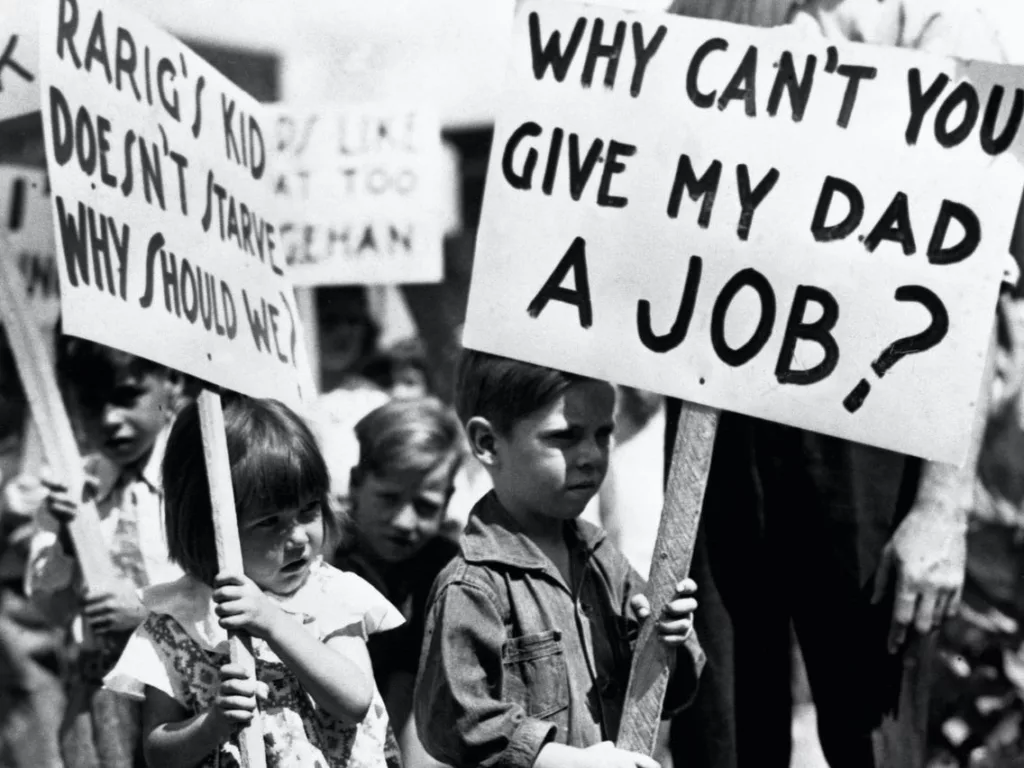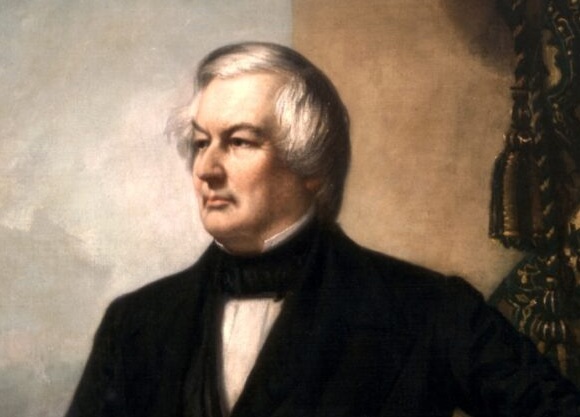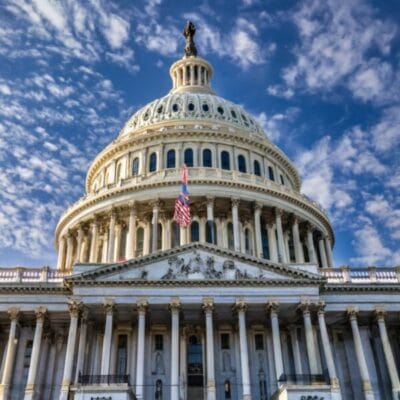The Great Depression stands as one of the most pivotal periods in American history, shaping the nation’s economy, politics, and social fabric for decades to come. In this comprehensive guide, we’ll delve into the causes, impacts, and eventual recovery from this unprecedented economic crisis.

Causes of the Great Depression: The roots of the Great Depression trace back to the Roaring Twenties, a time of economic prosperity and excess. However, beneath the surface, several factors were brewing that would eventually lead to catastrophe. The stock market crash of 1929, also known as Black Tuesday, marked the beginning of the downturn, triggering a cascade of events that exacerbated the economic turmoil.
Impacts on Society: The Great Depression inflicted widespread suffering on Americans from all walks of life. Skyrocketing unemployment rates left millions without jobs, leading to poverty, homelessness, and despair. Families struggled to make ends meet, and communities faced unprecedented challenges as businesses shuttered and banks failed. The agricultural sector was particularly hard-hit, with farmers grappling with falling prices and environmental disasters like the Dust Bowl exacerbating their woes.
Government Response: In the face of the economic calamity, President Herbert Hoover initially pursued a policy of limited government intervention, hoping that private enterprise and individual initiative would lead to recovery. However, as the crisis deepened, Hoover’s approach proved inadequate, and public outcry for action intensified. In 1932, Franklin D. Roosevelt was elected president on a platform of bold reform, ushering in the era of the New Deal.
Road to Recovery: The New Deal represented a seismic shift in American governance, with Roosevelt’s administration implementing a series of programs and reforms aimed at providing relief, recovery, and reform. From the Works Progress Administration (WPA) to the Social Security Act, these initiatives provided vital assistance to millions of Americans, helping to stabilize the economy and restore faith in the nation’s institutions.
Legacy and Lessons Learned: While the Great Depression left an indelible mark on the nation, its legacy also serves as a testament to the resilience of the American people. Through perseverance, innovation, and bold leadership, the United States emerged from the depths of despair and embarked on a path of renewed prosperity.
In conclusion, the Great Depression stands as a defining moment in American history, highlighting the complexities of economic policy, the importance of social safety nets, and the enduring spirit of resilience in the face of adversity. By understanding the causes, impacts, and lessons of this pivotal period, we can better appreciate the challenges and opportunities that shape our society today.
To amply information:



